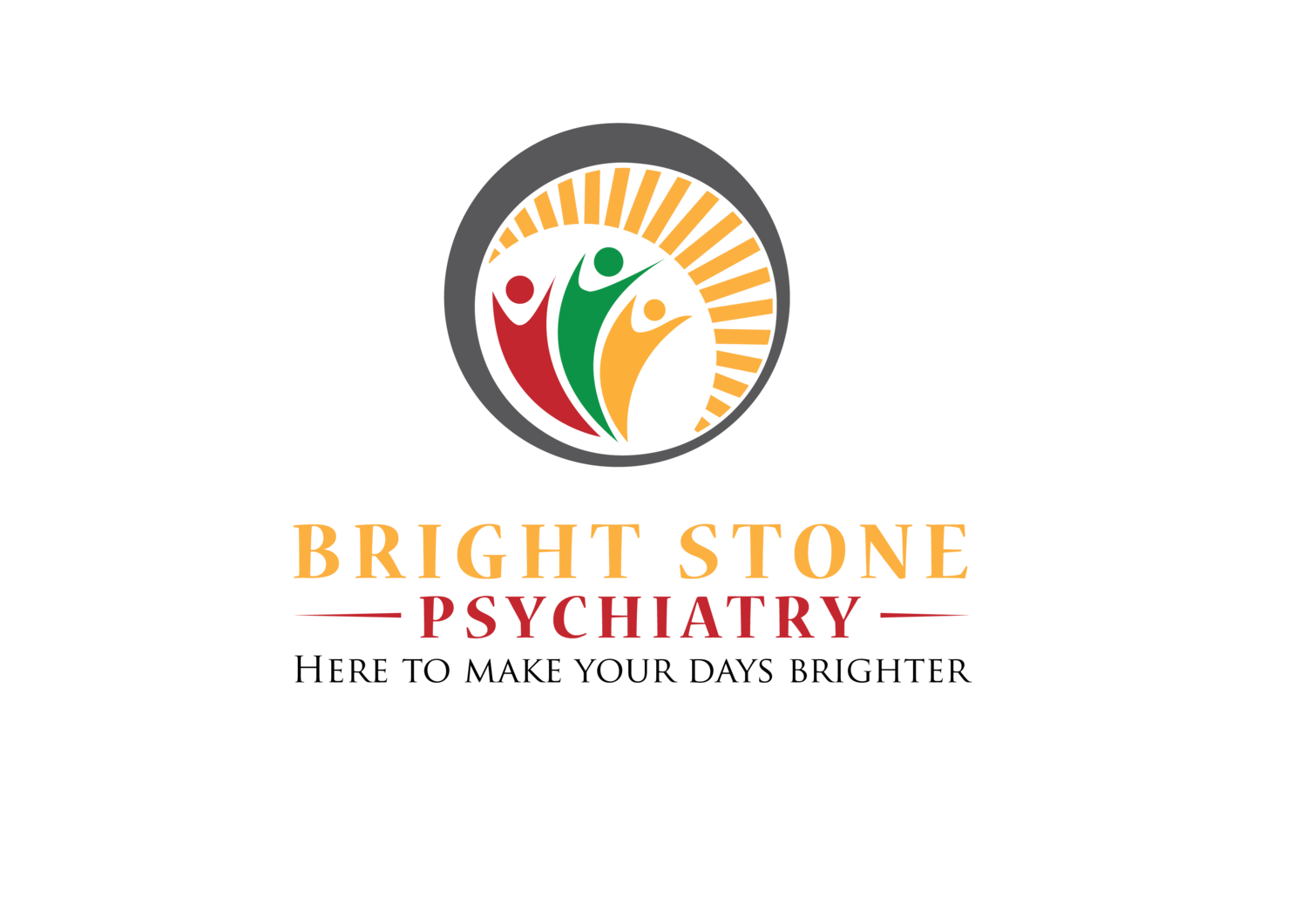Understanding Anxiety: How Counseling and Treatment Can Provide Relief
Anxiety is a common mental health condition that affects millions of people worldwide. Characterized by feelings of worry, fear, and apprehension, anxiety can significantly impact an individual's daily life, relationships, and overall well-being. Fortunately, effective treatments, including counseling and therapy, are available to help individuals manage and alleviate symptoms of anxiety. In this article, we'll explore what anxiety is, its causes and symptoms, and how counseling and treatment can offer relief and support.
What is Anxiety?
Anxiety is a normal and natural response to stress or perceived threats. It serves as a protective mechanism, triggering the body's "fight or flight" response in potentially dangerous situations. However, when anxiety becomes excessive, persistent, and overwhelming, it can interfere with daily functioning and lead to significant distress.
Causes and Symptoms of Anxiety:
Anxiety can arise from a variety of factors, including genetics, brain chemistry, environmental stressors, and life experiences. Common triggers for anxiety may include work or school pressures, relationship difficulties, financial worries, health concerns, or traumatic events. Symptoms of anxiety can vary widely from person to person but may include:
Excessive worrying or rumination
Feelings of restlessness or irritability
Difficulty concentrating or focusing
Muscle tension or headaches
Fatigue or difficulty sleeping
Racing heart or palpitations
Shortness of breath or hyperventilation
Nausea or stomach discomfort
Panic attacks or feelings of impending doom
Counseling and Treatment for Anxiety:
Counseling and therapy are effective interventions for managing anxiety and improving overall mental health and well-being. Mental health professionals, such as psychologists, counselors, or therapists, can provide support, guidance, and evidence-based techniques to help individuals cope with anxiety symptoms. Some common approaches to counseling and treatment for anxiety include:
Cognitive-Behavioral Therapy (CBT): CBT is a structured, goal-oriented therapy that focuses on identifying and challenging negative thought patterns and behaviors associated with anxiety. Through cognitive restructuring and behavioral techniques, individuals learn to replace irrational or distorted beliefs with more adaptive and realistic thinking patterns.
Exposure Therapy: Exposure therapy is a form of behavioral therapy that involves gradually exposing individuals to feared situations or stimuli in a controlled and systematic manner. By confronting anxiety-provoking situations in a safe environment, individuals can learn to reduce their fear response and build confidence in managing anxiety triggers.
Mindfulness-Based Therapies: Mindfulness-based therapies, such as mindfulness meditation and acceptance and commitment therapy (ACT), teach individuals to cultivate present-moment awareness and acceptance of their thoughts and emotions. By developing mindfulness skills, individuals can reduce reactivity to stressors and cultivate a sense of inner calm and resilience.
Medication: In some cases, medication may be prescribed to alleviate symptoms of anxiety, particularly for individuals with severe or persistent symptoms. Commonly prescribed medications for anxiety include selective serotonin reuptake inhibitors (SSRIs), serotonin-norepinephrine reuptake inhibitors (SNRIs), benzodiazepines, and beta-blockers. It's important to consult with a healthcare provider to determine the most appropriate medication and dosage for individual needs.
Bright Stone Psychiatry Can Help With Anxiety
Anxiety is a common mental health condition that can significantly impact quality of life and well-being. However, effective treatments, including counseling and therapy, are available to help individuals manage and alleviate symptoms of anxiety. By seeking support from Bright Stone Psychiatry and implementing evidence-based interventions, individuals can learn to cope with anxiety more effectively, build resilience, and improve overall mental health and well-being. Remember, you are not alone, and help is available.
Want to learn more? BOOK HERE.

